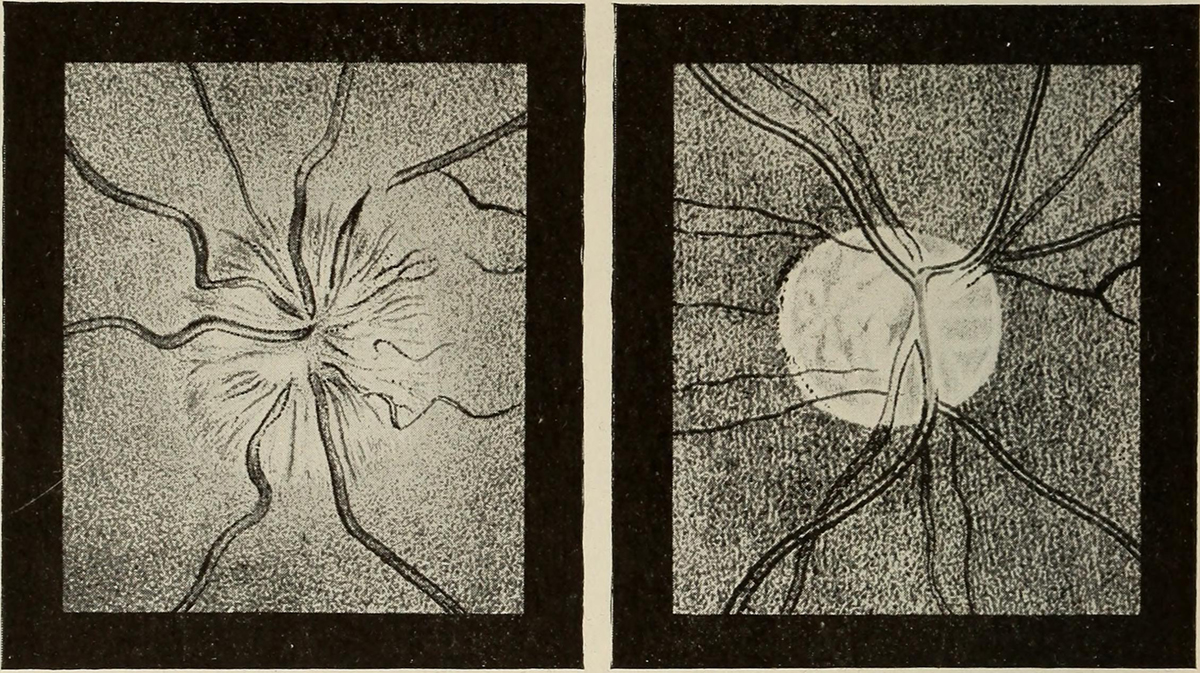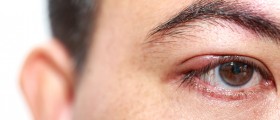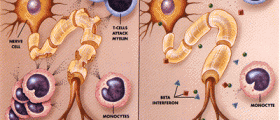
Optic Neuritis-Overview
Optic neuritis is an inflammation of the optic nerve, the bundle of nervefibers in the eye that transmits visual information to your brain. Thenerve fibers are covered by a fatty insulated material called myelin, whichhelps electrical impulses travel quickly along the nerve. Optic neuritis isbelieved to most commonly develop when the immune system attacks myelincovering the optic nerve, usually resulting in inflammation and damage.The most common autoimmune diseases that are linked to this condition aremultiple sclerosis and neuromyelitis optica. Other causes of optic neuritis arevarious infections (syphilis, hepatitis B, Lyme disease, etc.), diabetes (itmay cause various eye disorders, among which also optic neuritis), cranialarteritis, vitamin B-12 deficiency, and some drugs (such as, methanol, etc.).
Symptoms
The most common symptoms of this condition include pain (that usually getsworse when moving the eye), reduced color vision, or a complete loss of colorvision, change in the way the pupil reacts to bright light, and loss of visionaltogether (this varies in severity; some might see almost nothing, whileothers have no major visual problems). It is very important that one consult a physician as soon as he has noticed anyif the symptoms. This particular condition may cause other eye problems, whichmight be harder to treat. These include: permanent loss of vision, optic nerve damage,etc. Also, about 20 per cent of patients witha first episode of optic neuritis that has not been treated will develop myelinsheath inflammation at other sites or will develop multiple sclerosis.
Treatment
Although optic neuritis may go on its own, usually within two or three weeks,it is advisable that one consult a doctor as soon as he has noticed thesymptoms, just to be on the safe side. The doctor will conduct a few tests justto rule out some related conditions. He may conduct color vision testing,visual acuity testing, MRI of the brain including special images of the opticnerve, etc. Further tests may be required inorder to determine the underlying cause of the neuritis. The condition causingthe problem can then be treated.
If there is nounderlying cause, corticosteroids, given through a vein or orally, may speed uprecovery, and the doctor will be able to keep track of the condition and tolook out for complications. However, higher doses of corticosteroids should beused cautiously, as they can have serious side effects.


-And-Multiple-Sclerosis-Differences-And-Similarities_f_280x120.jpg)














Your thoughts on this
Loading...